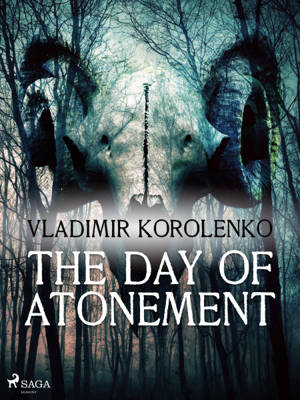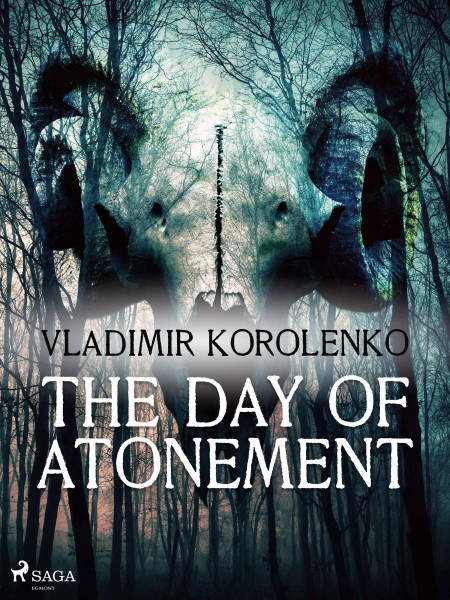
- Afhalen na 1 uur in een winkel met voorraad
- Gratis thuislevering in België vanaf € 30
- Ruim aanbod met 7 miljoen producten
- Afhalen na 1 uur in een winkel met voorraad
- Gratis thuislevering in België vanaf € 30
- Ruim aanbod met 7 miljoen producten
Zoeken
Omschrijving
Korolenko’s answer to the growing antisemitism of the 1880s, ‘The Day of Atonement is an integral part of Ukrainian folklore. It is centred on the Jewish holiday ‘Yom Kippur’ and tells the tale of Yankel, an entrepreneur who makes a deal with the devil in order to save his soul. Korolenko uses a strong, almost caricaturistic tone in order to remind us that Jew’s were not inherently sinful, but rather innocent products of a dysfunctional society. His thoughtful commentary on religion and exclusion is reminiscent of Dostoyevsky and unmissable for fans of Russian literature.
Vladimir Korolenko (1853-1921) was a Ukrainian-born Russian short-story writer, an open critic of the Tsarist regime, and later an anti-Bolshevik. His writing boasts harsh, hostile and powerful descriptions, as he investigates the simple lives of even simpler people. The most notable of his work is "The Blind Musician" (1886), alongside numerous short stories, mostly based upon his own experience of exile in Siberia.
Vladimir Korolenko (1853-1921) was a Ukrainian-born Russian short-story writer, an open critic of the Tsarist regime, and later an anti-Bolshevik. His writing boasts harsh, hostile and powerful descriptions, as he investigates the simple lives of even simpler people. The most notable of his work is "The Blind Musician" (1886), alongside numerous short stories, mostly based upon his own experience of exile in Siberia.
Specificaties
Betrokkenen
- Auteur(s):
- Vertaler(s):
- Uitgeverij:
Inhoud
- Aantal bladzijden:
- 49
- Taal:
- Engels
Eigenschappen
- Productcode (EAN):
- 9788726502091
- Verschijningsdatum:
- 8/06/2021
- Uitvoering:
- E-book
- Beveiligd met:
- Digital watermarking
- Formaat:
- ePub

Alleen bij Standaard Boekhandel
+ 5 punten op je klantenkaart van Standaard Boekhandel
Beoordelingen
We publiceren alleen reviews die voldoen aan de voorwaarden voor reviews. Bekijk onze voorwaarden voor reviews.











